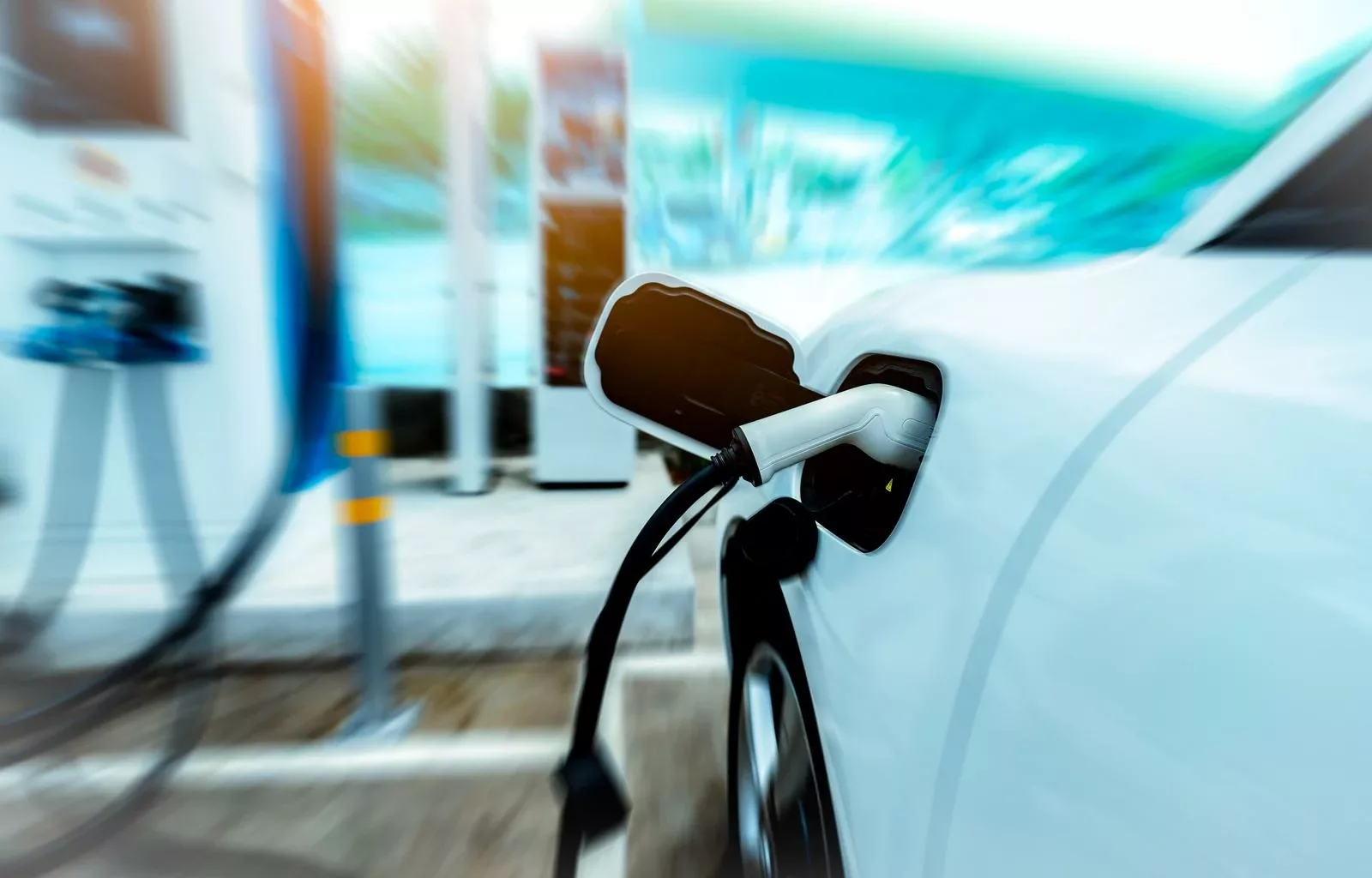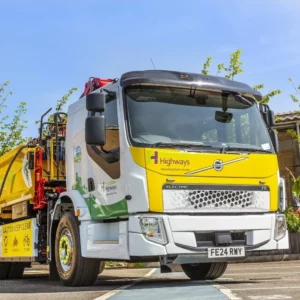Electric cars should be charged a pay-as-you-drive tax as they damage roads more due to their extra weight, a think tank has suggested..
The Centre for Policy Studies (CPS), which has close ties to the Government, said the current system of vehicle duty “treats motorists as a cash cow” and should be scrapped.
It warned that the longer ministers delay bringing in charges on battery powered cars, the more “politically difficult” the decision to do so will become, reports the Telegraph.
In a report the think tank said the Treasury faced a £25 billion budget black hole in the near future as receipts from fuel duty dwindled.
It added that the Government should respond by introducing road pricing for electric vehicles, meaning their owners would pay per mile driven, said the Telegraph report.
The CPS said the system should later be rolled out to remaining petrol and diesel cars, the sale of new models of which will be banned after 2030.
To win public support for the switch, the CPS said ministers should pledge to plough the proceeds back into upgrading the road network.
“As the rate of EV take-up increases over the coming decade, the introduction of an effective per-mile charging system will become ever more urgent,” the report said.
“The Government should use this transition as an opportunity to rebalance taxation away from disproportionately penalising motorists in the medium term.”
It added: “By their nature EVs tend to be significantly heavier than their petrol or diesel counterparts, meaning that they will cause more damage to the roads over time.
“We believe the per-mile rate should vary based on the weight of the vehicle (as heavier vehicles cause more damage to the roads).
“This of course reflects the current system, under which heavier cars consume more fuel and hence pay more fuel duty.”
Motorists paid £33 billion in fuel duty and vehicle tax in 2021, but only £11.8 billion of that was reinvested into maintaining and upgrading roads.
Electric cars are not subject to excise duty, though the Treasury has announced they will have to do so from 2025 in line with petrol and diesel cars.
The CPS said that even with the introduction of road pricing they would still be far cheaper to run than petrol and diesel alternatives.
Tom Clougherty, research director, said: “The Treasury has grown used to motorists being a cash cow but with electric vehicles on the rise, those days are numbered.
“We shouldn’t replicate the old, punitive tax system, but it is still important that all drivers pay a fair amount for the roads they use.
“The ‘pay as you drive’ approach our report recommends would meet that objective and could be phased in gradually over the next decade or so alongside targeted, local initiatives to manage congestion and reduce air pollution.”





















